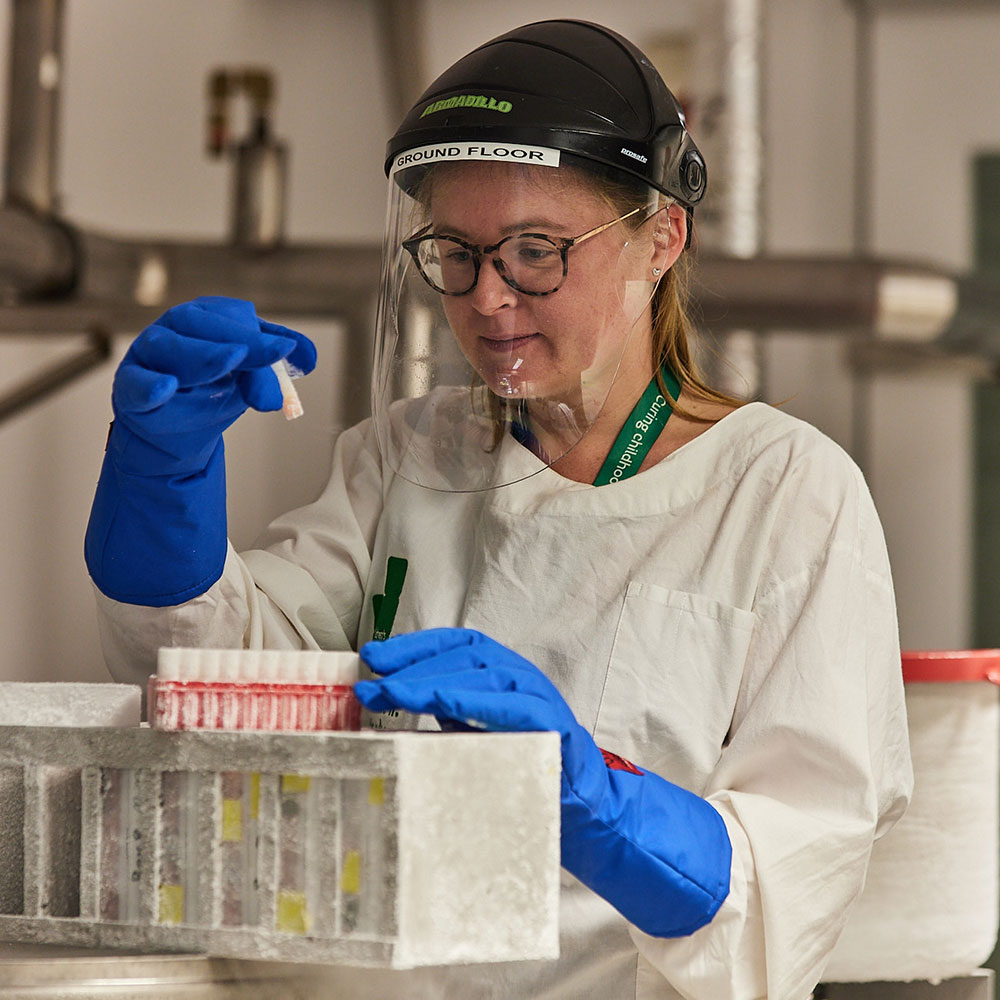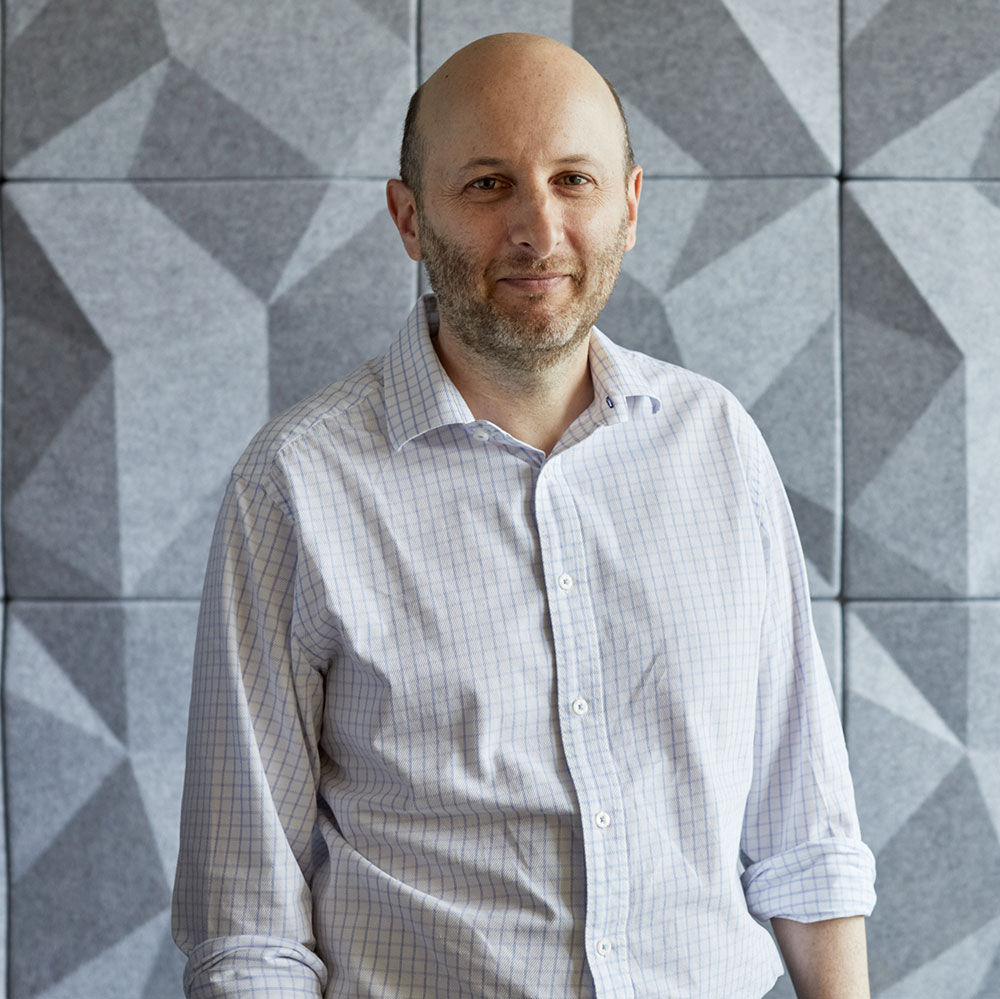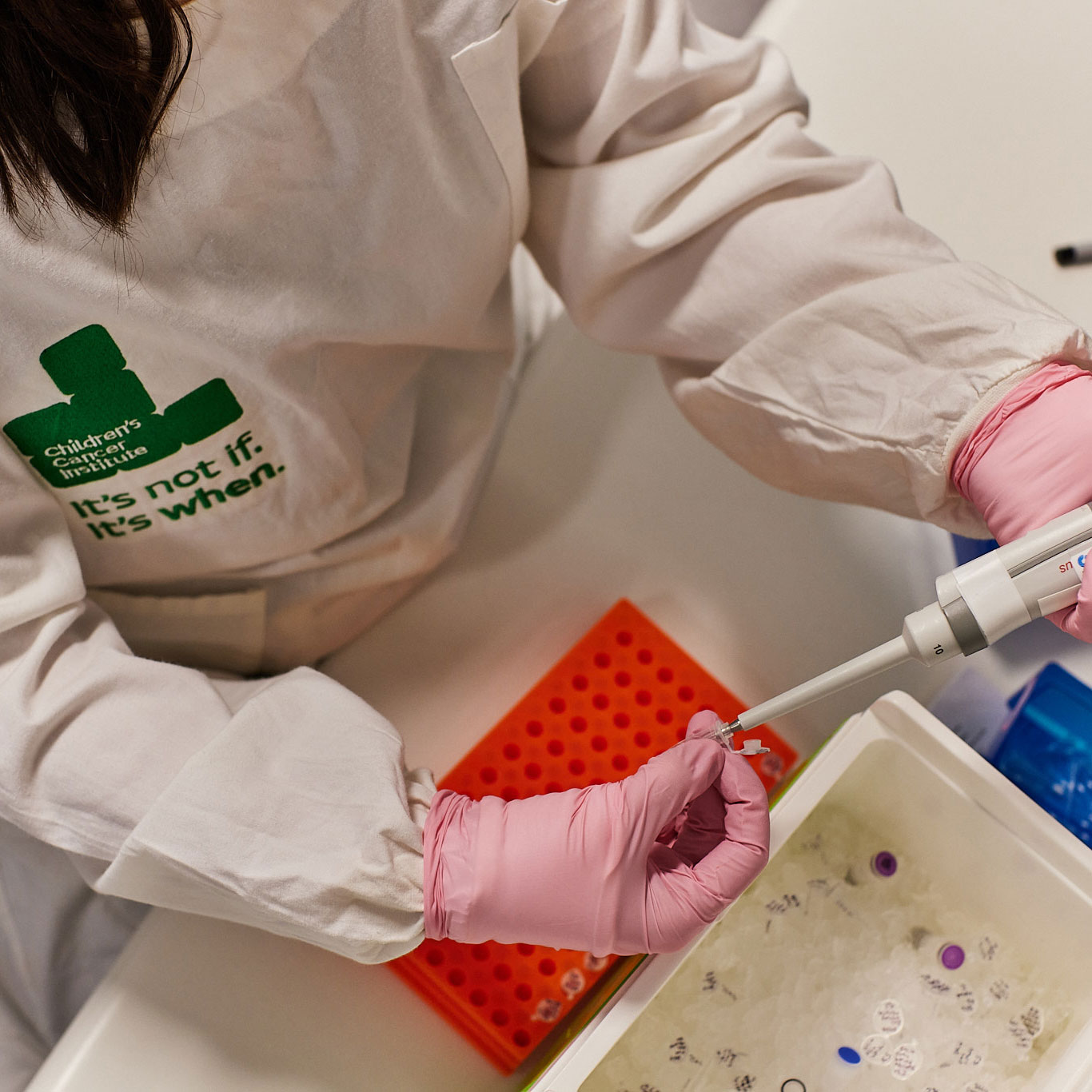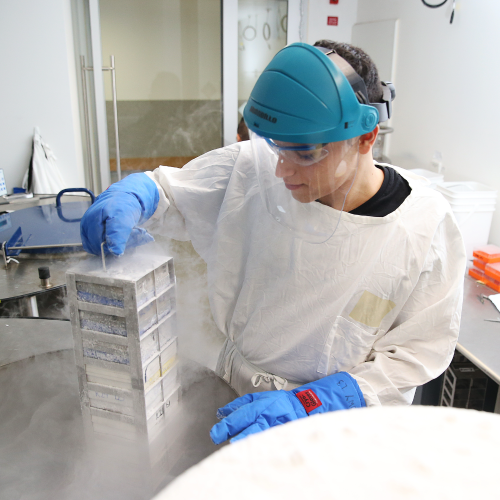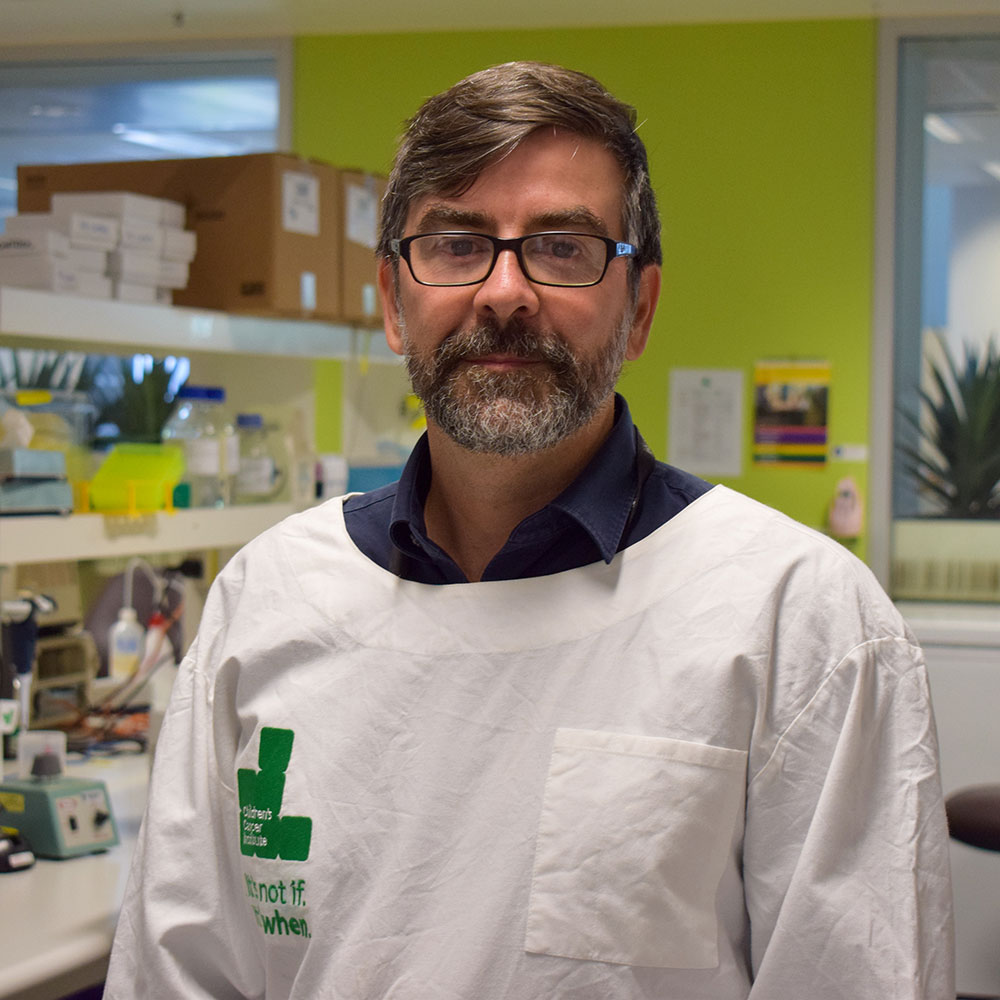Four exciting research projects at Children’s Cancer Institute are to receive significant new funding through Cancer Council NSW Project Grants announced today. The funding, which totals almost $1.8 million, will support these projects over the next three years.
Through its highly competitive Project Grants scheme, Cancer Council NSW aims to support research which could lead to new discoveries that ultimately improve outcomes for both childhood and adult cancers.
Children’s Cancer Institute projects chosen for the prestigious funding focus on four different areas: finding new treatment options for children with difficult-to-treat leukaemia, using immunotherapy to treat solid cancers, defining a new treatment approach for neuroblastoma and other aggressive tumours, and improving the process of identifying new treatment options for children with high-risk cancers.
The first project will investigate a new type of treatment for children with one of the deadliest blood cancers, acute myeloid leukaemia (AML). The research focuses on molecules known as ‘long non-coding RNAs’, which have recently been discovered to play an important role in the growth of cancer. This study will be the first to undertake a large-scale investigation into the function and therapeutic potential of these molecules in the treatment of children with AML.
Commenting on the Project Grant, researcher Dr Patrick Connerty said he was excited by the prospect of uncovering a new treatment option for this devastating disease. “It is truly thrilling to be at the forefront of such a promising field of biology, and I am optimistic that this work will ultimately make a real difference in the lives of children with AML."
The second project to be funded focuses on a promising type of immunotherapy called CAR-T cell therapy, which involves taking a patient’s own immune cells, growing them in the laboratory, programming them to attack cancer cells, and then returning them to the patient. In children, this therapy is currently only approved for acute lymphoblastic leukaemia (ALL). More research is needed to explore its potential to help children with solid cancers.
“With this project, our team aims to overcome some of the major challenges facing the use of CAR-T cell therapy in solid childhood cancers,” explained Dr Klaartje Somers, who will lead the research. “The potential impact is significant, as it could lead to improved survival rates and enhanced quality of life for survivors.”
The third funded project focuses on an exciting new treatment approach for ‘embryonal’ tumours (cancers that begin in stem cells left over from when a child develops in the womb), such as neuroblastoma, medulloblastoma and rhabdomyosarcoma. This approach targets a newly discovered gene known as ‘RUNX1T1’. We have recently found that this gene plays a critical role in the growth of these tumours, and that when it is inhibited (silenced), tumour growth can be completely blocked.
If successful, this project could lead to an entirely new approach to treating, and potentially even preventing, some of the most aggressive and difficult-to-treat cancers in children.
The fourth and final project funded focuses on developing an innovative way of quickly and accurately identifying effective treatment options for children being treated for high-risk cancers, enrolled in precision medicine programs such as Zero Childhood Cancer. Using patient cancer samples and 3D-bioprinting technology, a ‘mini tumour’ will be grown that represents each child’s cancer. This mini tumour (aka ‘tumour in a dish’) can then be tested against various treatment drugs to see what works best.
This approach could cut down the time taken to do preclinical testing from six months to six weeks, leading to more rapid adoption of recommended treatments and potentially better clinical outcomes.
Professor Michelle Haber AM, Executive Director of Children’s Cancer Institute, said she was thrilled to see the Institute’s research recognised and rewarded through the award of the Project Grants.
“Children’s Cancer Institute gratefully acknowledges the continuing support of Cancer Council NSW, which we see as vital to our research success."


